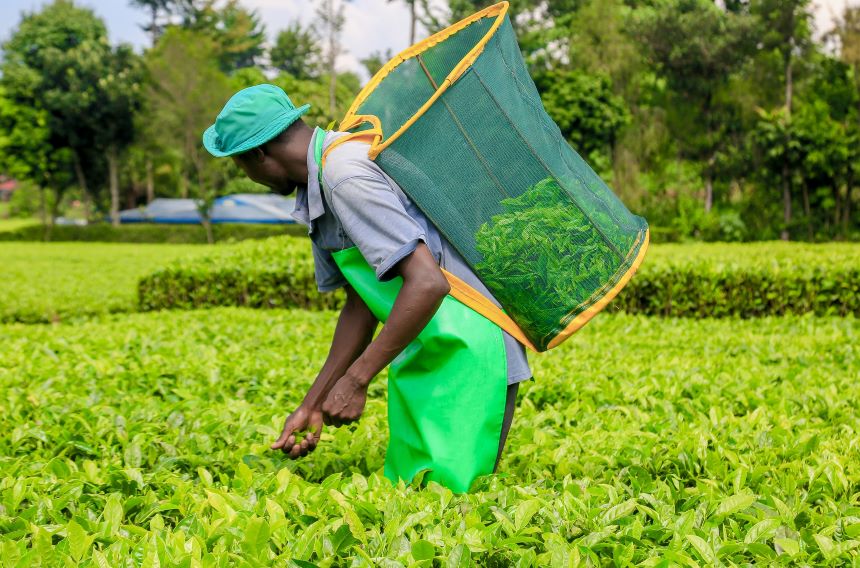Kenyan tea worth Ksh2.3 billion was withdrawn from the market in the latest sale as the Kenya Tea Development Agency (KTDA) instructed brokers to sell the beverage at the reserved price, resulting in traders rejecting millions of kilos of the commodity offered for sale.
Buyers turned down at least 9.8 million kilogrammes of tea offered for trading at the auction by KTDA in sale 15, citing a mismatch between price and quality.
The amount of tea withdrawn represented 52 percent of the total commodity offered at the Mombasa Tea Auction floor for sale.
During the sale, KTDA directed brokers to sell their tea at $2.43, the government-set minimum price for smallholder farmers’ commodity. In the previous sale, the agency had instructed brokers to sell the beverage at the best-offered bids.

Last month, the agency initiated the release of aged tea stocks into the market at prices below the government-mandated minimum, aiming to alleviate warehouse congestion and boost liquidity.
Exceeding 70 million kilogrammes, the tea reserves within KTDA’s warehouses and facilities have remained stagnant due to their uncompetitive pricing, stemming from the enforced minimum price at the auction.
Critics contend that anchoring the minimum price to production expenses rather than the intrinsic value of tea was imprudent.
Furthermore, industry experts emphasise the impracticality of establishing a uniform market price due to the varied quality of teas sourced from distinct regions.
“Auction prices should reflect the inherent disparities in quality between teas originating from the eastern and western regions of the Rift,” said a tea trader, highlighting the inequity perpetuated by the current pricing structure.
Consequently, the inflexibility of the minimum price regime has prompted buyers to favor alternative high-quality teas over KTDA offerings, exacerbating the volume of tea left unsold at the auction.



